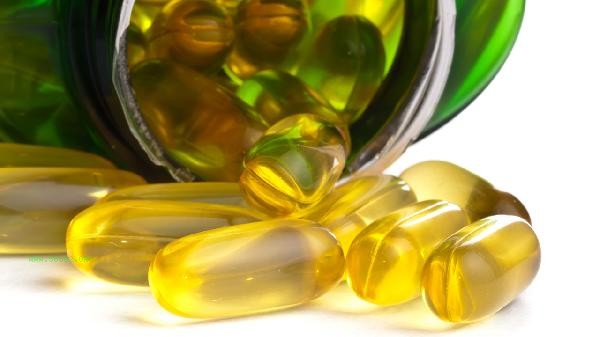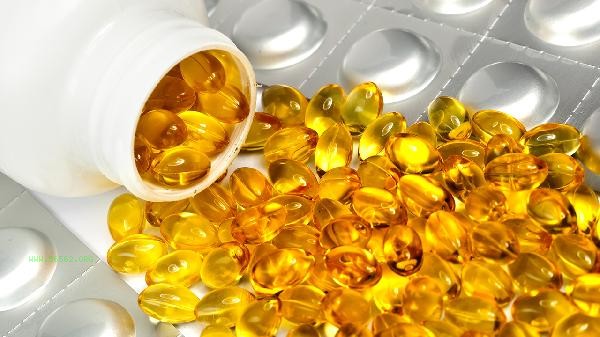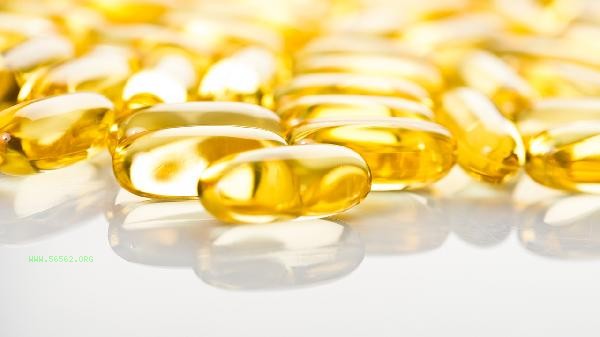The choice of fish oil or algal oil DHA for 13-year-old adolescents should be based on individual needs. Fish oil is suitable for the general healthy population who need to supplement EPA+DHA, while algal oil is more suitable for vegetarians or those who need to avoid fish allergens. DHA supplementation needs to consider factors such as source differences, absorption efficiency, and pollutant risks. Both fish oil and algal oil can provide DHA, but fish oil also contains EPA, which has potential benefits for cardiovascular health. Fish oil extracted from deep-sea fish may pose a risk of heavy metal accumulation, and it is necessary to choose products that have undergone strict purification. Algae oil DHA is directly extracted from microalgae culture, without EPA but with high purity, suitable for fish allergies or herbivorous populations. 13-year-old adolescents are in a critical period of brain development, and the recommended daily intake of DHA is about 200-250 milligrams. Oversupplementation may interfere with coagulation function. The plant derived characteristics of

algal oil DHA make it more easily accepted by strict vegetarian families, and the production process can avoid marine pollution problems. EPA in fish oil may help regulate inflammation during puberty, but high doses of EPA may affect hormone balance during puberty. When choosing, pay attention to the DHA content ratio indicated on the product label, and prioritize reliable brands that are free of artificial additives and certified by third-party certification. Algae oil is a safer choice for children with poor tolerance to seafood.

It is recommended that 13 year olds give priority to DHA through a balanced diet, and eat deep-sea fish such as salmon and sardine 2-3 times a week. When choosing supplements, individual factors such as dietary structure and allergy history should be taken into account. Long term use beyond the recommended daily dose may increase metabolic burden. Parents should pay attention to their children's digestion and absorption after taking it. If they experience diarrhea or rash, they should stop using it and consult a nutritionist. At the same time, ensuring the intake of antioxidant nutrients such as vitamin E helps DHA to better function in the body.









Comments (0)
Leave a Comment
No comments yet
Be the first to share your thoughts!